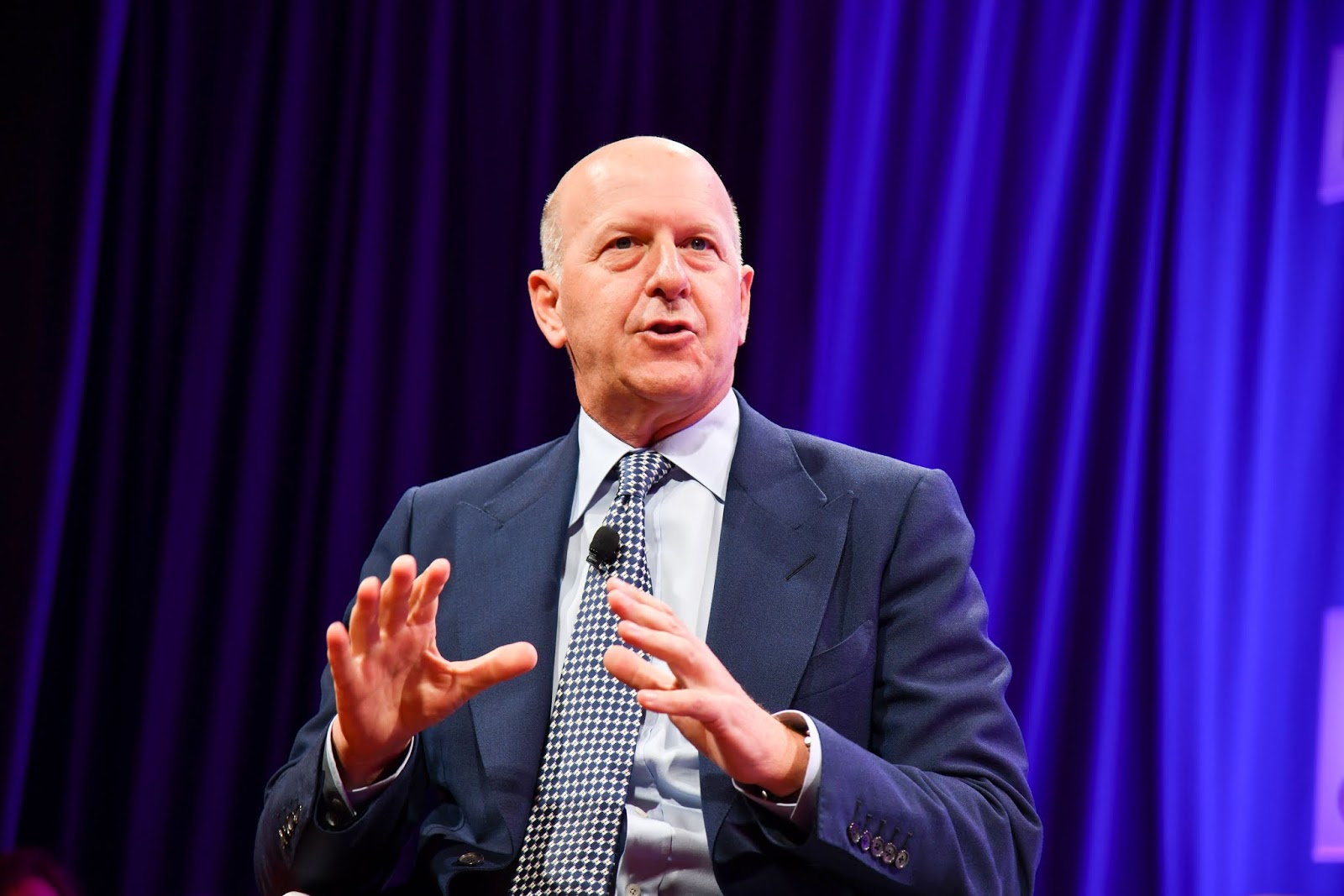- General
- October 9, 2019
- 4 minutes read
Goldman Reviewing Role In Megvii IPO After U.S. Blacklist
Goldman Sachs CEO David Solomon Photograph by Stuart Isett for Fortune Most Powerful Women Goldman Sachs has said it’s reviewing…
 |
| Goldman Sachs CEO David Solomon
Photograph by Stuart Isett for Fortune Most Powerful Women
|
Goldman Sachs has said it’s reviewing its role in the planned IPO of Megvii, a high-valued Chinese AI startup that filed to go public in August. The review follows the placement of Megvii on a human rights blacklist by the U.S. government. Megvii is an Alibaba-backed AI startup that develops facial recognition and deep-learning software. It sells its software to both private customers and Chinese government entities, the latter which is the driving reason behind its blacklist [the U.S. government alleges Megvii, alongside 27 other Chinese firms, facilitated human rights abuses in China’s Xinjiang region]. SenseTime, another well-known Chinese AI startup, is among the blacklisted firms.
In an e-mail to Reuters, Goldman Sachs said it was “evaluating [its role in Megvii’s planned IPO] in light of the recent developments”. Goldman is a lead underwriter, alongside JPMorgan Chase and Citigroup, for Megvii’s IPO. The three aforementioned investment banks are well-known for having had leading roles in the IPOs of several tech companies. When Megvii filed to go public, it targeted to raise at least $500 million from selling shares to public investors. If it pulls through with an IPO, Megvii will be the first Chinese AI firm to hit the public markets.
In a statement to Reuters, Megvii said it “strongly objects” to being blacklisted and that there were “no grounds” for the decision. Megvii, whose Face++ image recognition software was implicated in a May report from Human Rights Watch (HRW), said it derived around 1% of its revenues from Xinjiang [the region of concern for the blacklist] in 2018 and none in the six months ended June 30.
Megvii has raised $1.4 billion in funding from investors including Alibaba, Boyu Capital, Bank of China Group Investment, the Abu Dhabi Investment Authority and the Russia-China Investment Fund. Its last known funding was a $750 million round in May that valued it at $4 billion.







